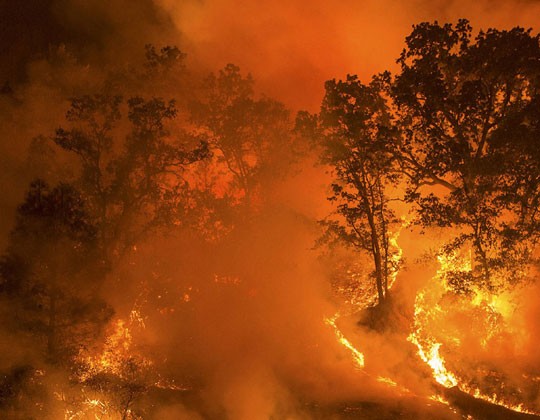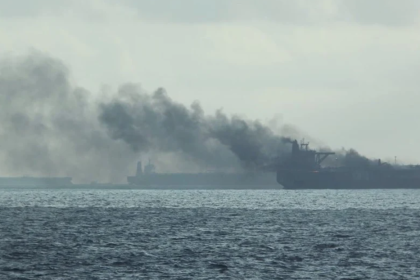Thousands of residents in Fort Nelson, British Columbia, have been forced to evacuate their homes due to a rapidly spreading wildfire. The blaze, known as the Parker Lake fire, began on Friday night and has been exhibiting “extreme fire behavior,” according to local officials. By Saturday morning, the fire had expanded to cover an area of 8 square kilometers, prompting urgent evacuation orders.
Regional Impact and Evacuation Details
The wildfire threat is not isolated to British Columbia, as neighboring Alberta has also issued evacuation alerts and orders due to separate fires. In Fort Nelson, approximately 3,000 people have been affected by the evacuation directive. This small community, located about 1,600 kilometers northeast of Vancouver, is now facing one of the most severe fires in its recent history.
Government Warnings and Preparedness
The Canadian government had previously warned of an elevated wildfire risk throughout the country due to this year’s dry and warm weather conditions. These conditions have set the stage for what could be a particularly challenging wildfire season across many parts of Canada, necessitating heightened alertness and preparedness from both authorities and residents.
The situation in Fort Nelson and surrounding regions underscores the severe impact of climate conditions on wildfire activity. As communities face these urgent threats, the focus remains on ensuring the safety of residents through timely evacuations and effective firefighting efforts. Meanwhile, broader discussions about climate change and its effects on wildfire frequency and intensity continue to gain prominence, highlighting the need for comprehensive strategies to mitigate future risks.







